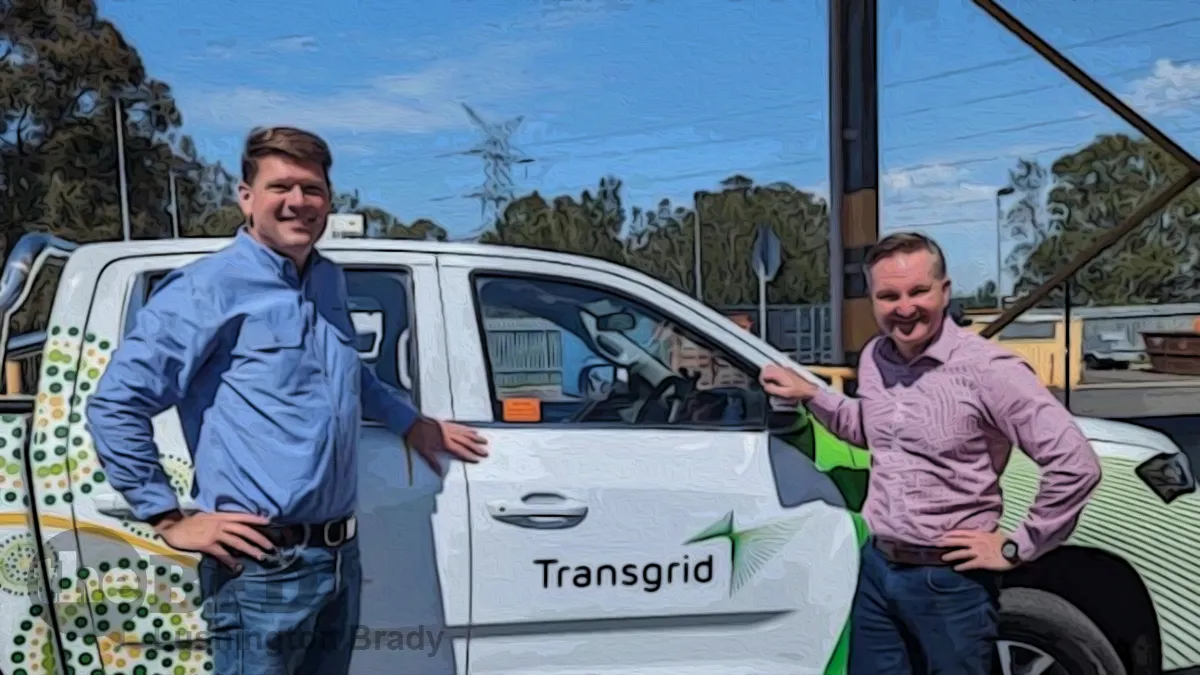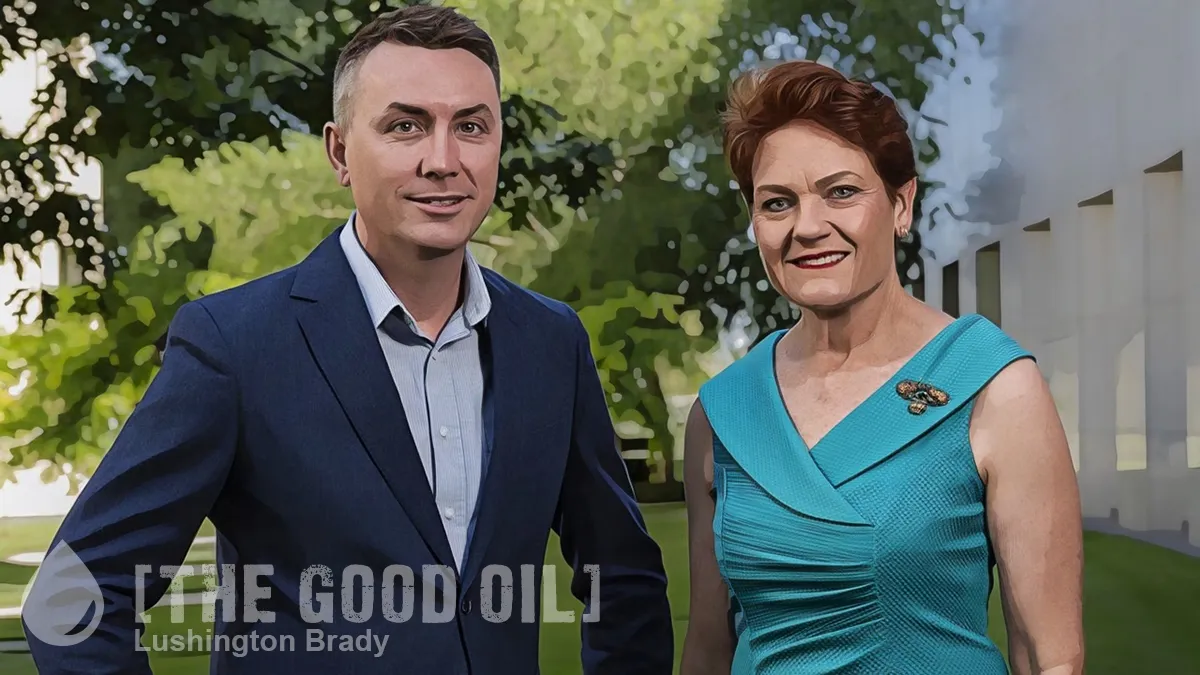Table of Contents
It’s an old tradition for newspapers to run April Fool’s Day stories, and on first reading, Nick Cater’s Australian column on renewables subsidies might surely qualify. A quick check of readily available data, though, shows that this is no joke: the Australian government has spent billions of taxpayers’ money subsidising “renewables” projects. It is, as Cater says, “the renewable energy industry’s version of Centrelink”.
The Australian Renewable Energy Agency prefers to avoid the loaded term “subsidy”. It speaks instead of “accelerating the pace of pre-commercial innovation” by supporting “improvements in the competitiveness of renewable energy.” ARENA has been handing out welfare checks to pre-competitive businesses at the rate of roughly one a week since it was established by the Gillard government in 2012.
And now, they’re handing out even more than ever.
Last week, Energy Minister Chris Bowen and Anthony Albanese travelled to the Hunter Valley to announce ARENA’s 642nd grant. It was a whopper: a cool $1bn to help a start-up company backed by Mike Cannon-Brookes and Malcolm Turnbull to build a solar panel manufacturing plant.
The grant is six times larger than ARENA’s previous largest handout, the $166m gifted to AGL (underlying profit forecast FY 2024: $680m) to build a couple of solar electricity plants in outback NSW. The Prime Minister framed the announcement as a heartwarming story of Australian technology that is coming home.
In all, taxpayers footed nearly a quarter of the bill for these hundreds of corporate grifters. Which begs the question: if “renewables’ really are such a sure-fire bet as we’re told, why do these companies even need taxpayer’s money? Wouldn’t the world’s investors be beating down their doors, screaming, “Shut up and take our money!”?
Sundrive, the subsidy’s recipient, is a darling of the climate-tech sector. It is developing technology to replace silver in solar cells with copper to make them cheaper and more efficient. Yet, like most of the new technologies on the climate-tech drawing board, it has yet to be proven at scale. Bowen’s boast that Sundrive’s operation in the Hunter would be “up and running well and truly this calendar year” seemed somewhat premature.
If Sundrive’s intellectual property is such a sure-fire winner, why wouldn’t Cannon-Brookes, Australia’s fourth-richest person, risk a lazy billion of his own?
Why not, indeed? Well, why risk your own money, when you’ve got Albo and Boofhead Bowen with other people’s money just burning a hole in their pockets? The green corporates may be unprincipled and greedy, but they’re not stupid. Socialise the risk and privatise the profits — where can they go wrong?
Renewable energy is welfare-dependent as well as weather-dependent. It suffers from a condition a psychologist might recognise as Dependent Personality Disorder: a pervasive and excessive need to be taken care of, leading to submissive and clinging behaviour, fear of separation and difficulty making decisions without reassurance from others.
It has become disconnected from the real world, where government subsidies alone do not easily overcome competitive disadvantages.
The problem, though, is that loons like Bowen and Albanese, not to mention the media Climate Cult, operate in a different universe from our own, where the facts don’t matter and reality is whatever you wish it was.
We are told (by the CSIRO, no less) that renewable energy generates the cheapest form of electricity. Yet it remains hopelessly pre-competitive, requiring subsidies and favourable regulatory structures from cradle to grave.
We are told that low-carbon technology is the way of the future and fossil fuel-based businesses are distressed assets. Yet this wisdom is ignored by private investors who prefer to dip their hands into the government’s pockets to fund renewable energy rather than their own.
And Albo believes he can take on China’s global dominance of the solar industry.
It is hard to imagine how a manufacturing operation in the Hunter could match China’s entrenched competitive advantages: cheap labour, cheap energy and a ruthless, authoritarian government. Xinjiang province didn’t become the global hub for polysilicon manufacturing by chance.
The province produces 400 million tonnes of raw coal a year, more than twice the output of the Hunter Valley, and has 203 coal-fired power plants compared to four in NSW. Xinjiang has an abundant supply of forced labour. An estimated half a million Uighurs are held in detention camps. The terms and conditions under which they are employed fall somewhat short of those in the Hunter.
China’s view of intellectual property is less rigid than ours. If Sundrive’s technology is even half as good as its spruikers claim, it would be a miracle if the Chinese didn’t nick it and have it up and running by tea time.
The Australian
Instead, China has bought up the Australian elite class, from government and industry, to media and academia. And it’s playing them like a well-tuned Yueqin.








